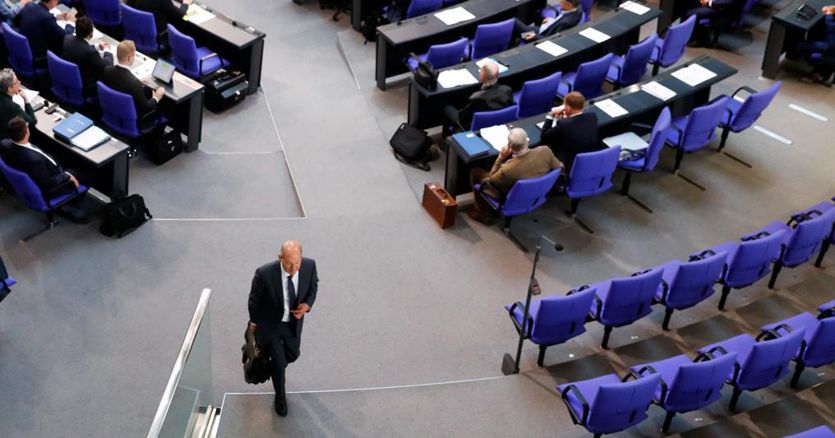“Hydrogen is the new gas.” Chancellor Olaf Scholz is known for its minimalist style. The Social Democrat at the head of the traffic light coalition projected himself towards a hydrogen-fueled future at a press conference in Tokyo with Japanese Prime Minister Fumio Kishida, following a visit in late April. Japan is at the forefront of hydrogen research and Scholz, on his short trip, visited the Chiyoda corporation in Yokohama, famous for inventing a technique for transporting hydrogen across oceans. Meanwhile, Japan imports “brown” hydrogen from Australia, frozen at minus 253 degrees.
Costs
Scholz is well aware that the future in terms of green, blue and gray hydrogen is still a mirage: Germany is unable to generate green hydrogen (produced from renewable electricity, i.e. wind and sun) to meet its growing needs. This fuel, which will partly replace gas – Russian and non-Russian gas – will have to be almost entirely imported into Germany. Transporting it in an efficient, simple and safe way is very difficult. But for Berlin the big concern is another: to contain costs. This is the real big bet on green hydrogen.
Climate neutrality by 2045
Germany aspires to climate neutrality by 2045, to abandon coal in 2030 and nuclear this year. These ambitious goals (over 70% of primary energy demand depend on fossil fuels) were within reach before the outbreak of the war in Ukraine because they relied on imports of low-cost Russian energy. With a GDP of 3.8 trillion and a population close to 84 million, Germany has to import around 70% of its energy resources.
Import (but at low prices)
And to safeguard the competitiveness of companies that depend on imported energy (from chemicals to steel, from glass to cars), Germany needs this import at low prices, explains Christian Schulz, economist for Germany at Citi in Frankfurt, interviewed from Sole 24 Ore. And he warns: importing energy at uncompetitive prices risks triggering offshoring, German companies will leave their country to settle where there is low cost energy. Doing without Russian gas, coal and oil will automatically make the green transition more expensive. For this reason, the race against time has already begun in Germany to diversify and increase alternative sources of cheap import of green and blue hydrogen and to develop an ad hoc transport infrastructure that does not exist now (a network of gas pipelines and special tank trucks).

The energy tour of Berlin
This explains the whirlwind of travels in recent weeks by Scholz and the Minister of Economy and Climate, the green Robert Habeck, to revive old agreements and sign new ones. Scholz went to Senegal, Nigeria and South Africa, with green hydrogen at the top of the talks. Habeck has recently signed cooperation and supply agreements in the United Arab Emirates on green hydrogen and blue ammonia: the first deliveries, at “affordable costs” should start this year. Another hydrogen-focused trip was carried out by Habeck in Qatar. But industry experts are skeptical: Green hydrogen supplies from the Middle East, Africa, Norway, Chile, Japan may not be enough to meet demand by 2030.
